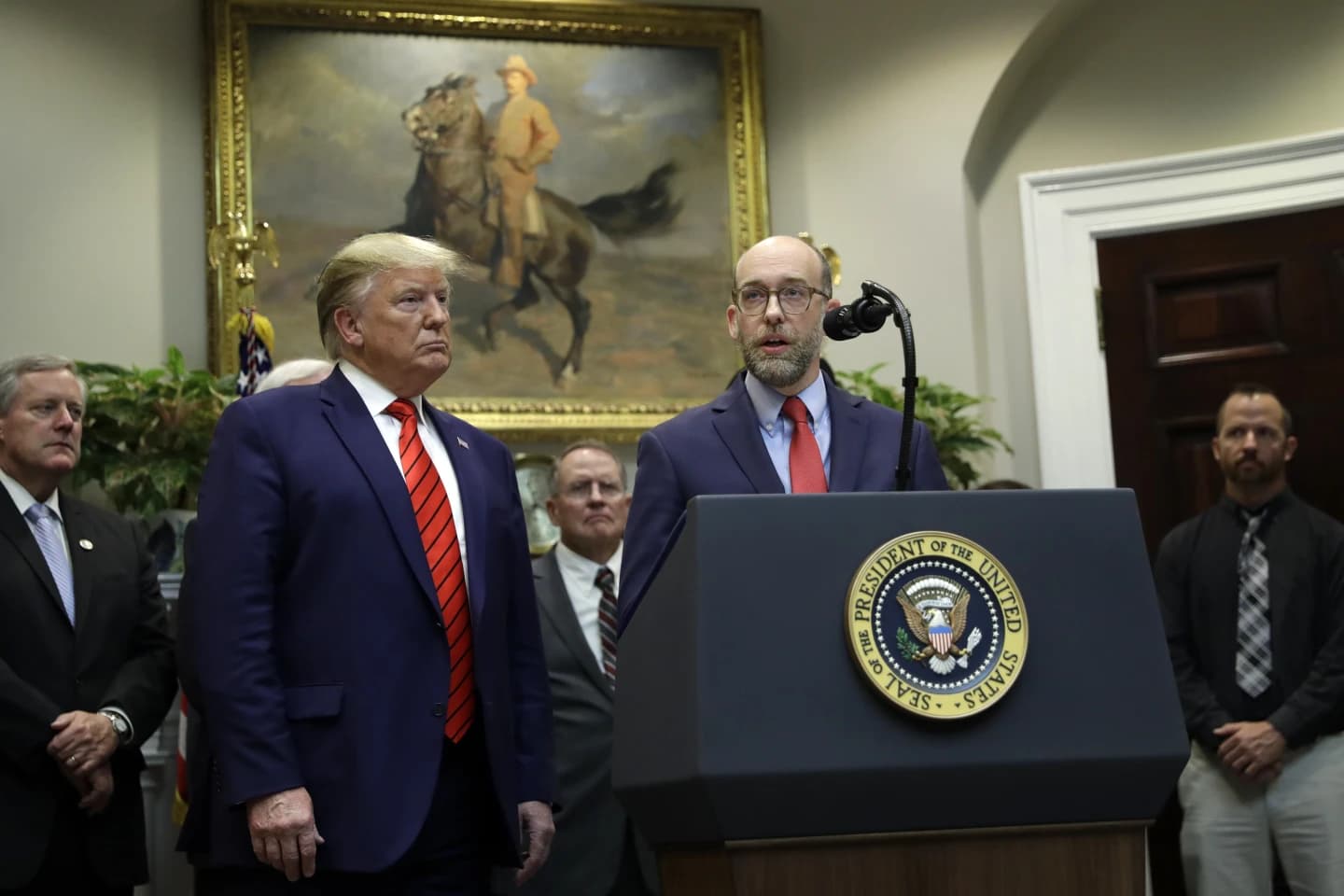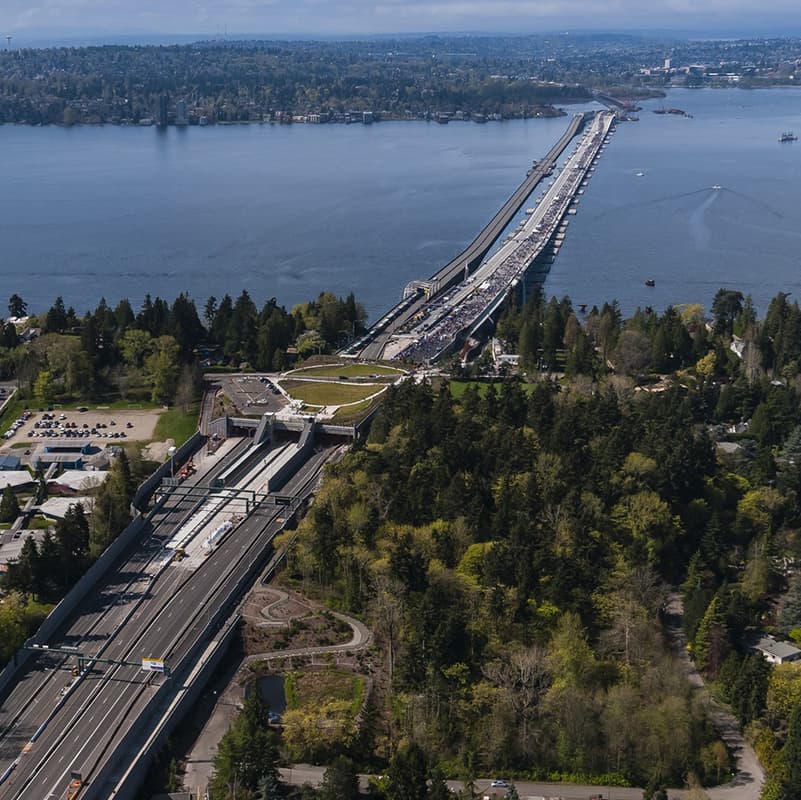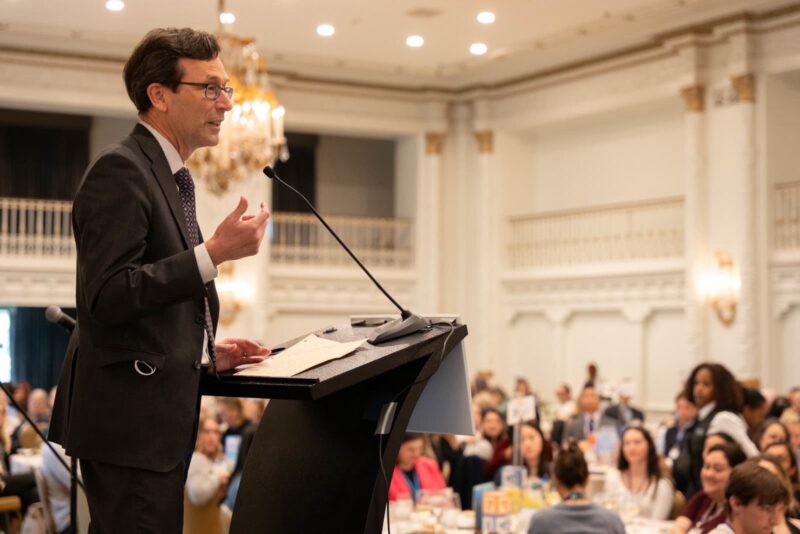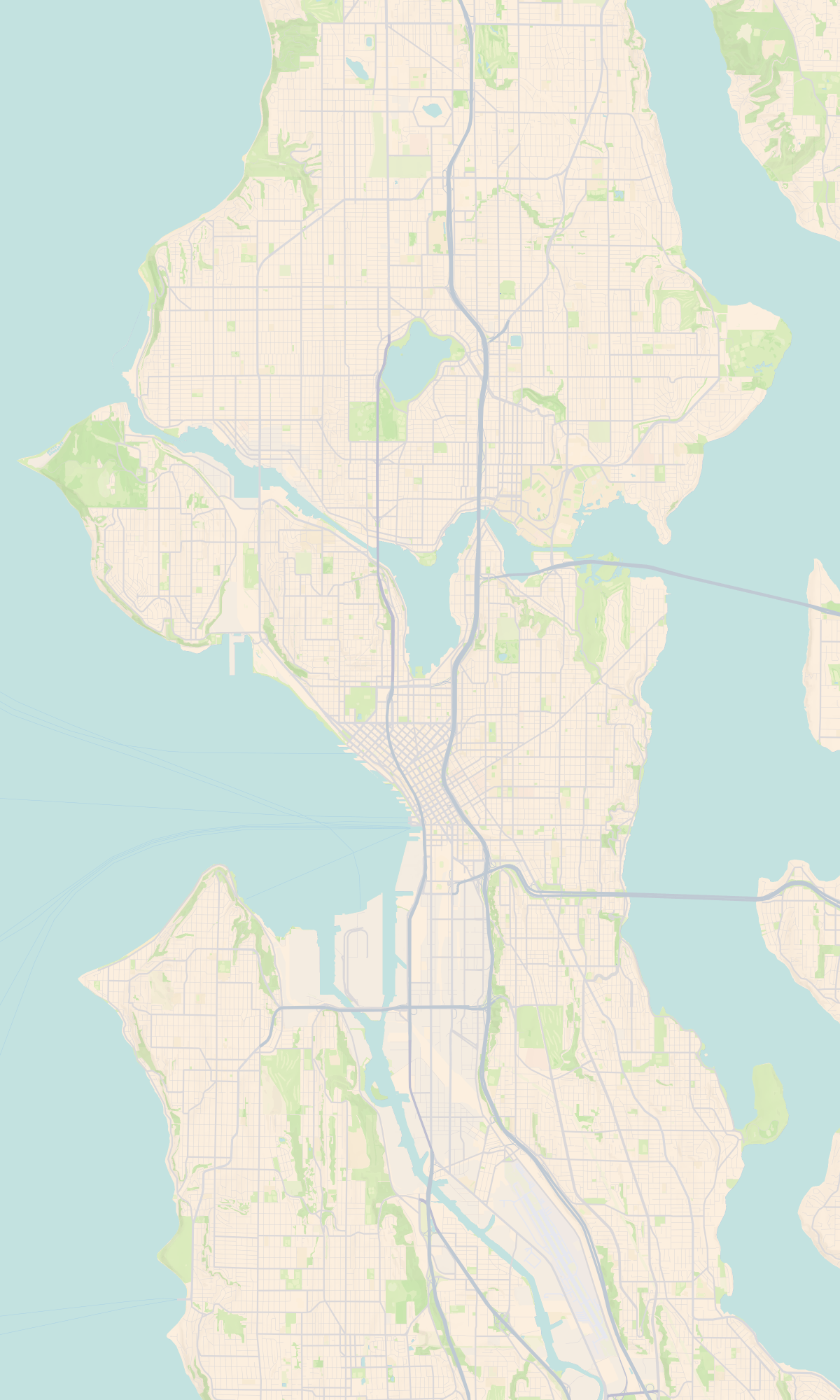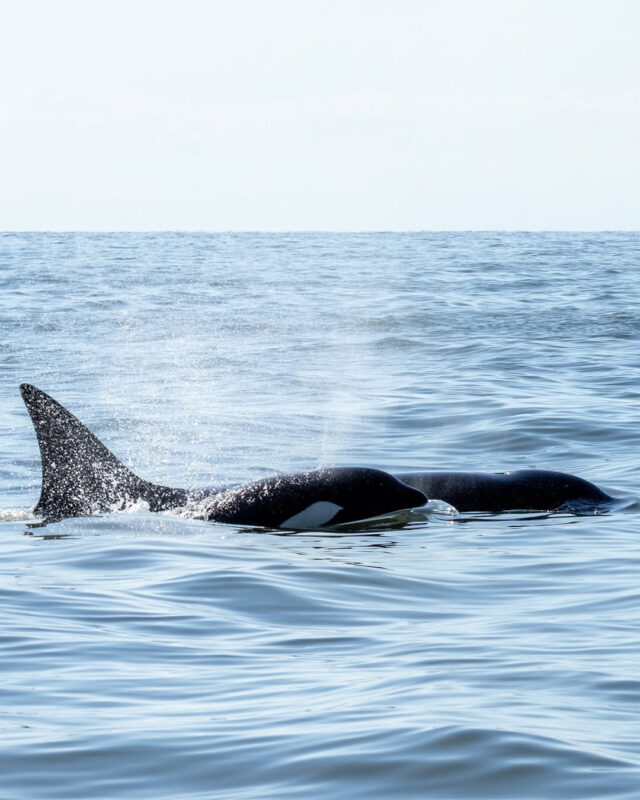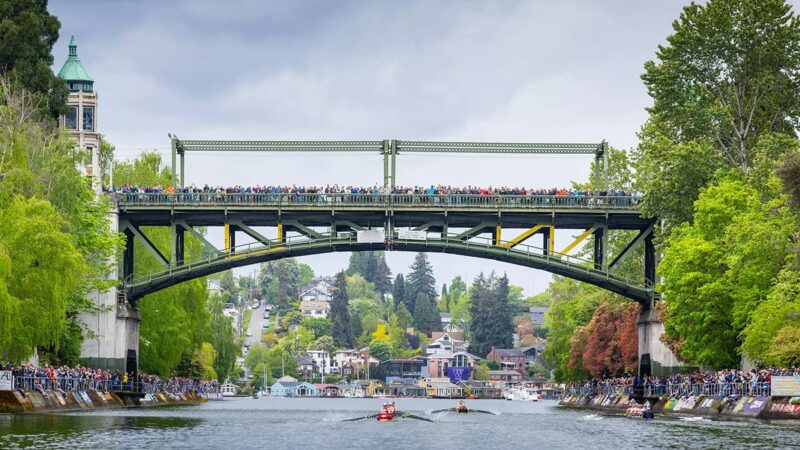President Donald Trump on Friday unveiled a 2026 budget proposal that would slash non-defense discretionary spending by $163 billion — a 22% cut from current levels — while boosting defense and homeland security budgets by more than $375 billion combined.
The plan calls for major reductions across a wide range of domestic agencies, targeting education, housing, public health, scientific research, and environmental protection.
Education
The Department of Education would face a $12 billion cut—approximately a 15% decrease from current funding levels—eliminating a wide range of programs that support low-income, first-generation, and nontraditional students. Targeted for elimination are TRIO and GEAR UP college access programs, Federal Work-Study, and Supplemental Educational Opportunity Grants. These cuts would reduce financial aid, academic support, and campus-based job opportunities for millions of students. The proposal also shifts funding to states via block grants, reduces federal oversight, and expands support for charter schools and private school alternatives.
Housing
Rental assistance would be cut by 40%, with the administration proposing to phase out Section 8 housing vouchers and transfer responsibility for housing aid to the states. The plan also eliminates longstanding federal programs like the Community Development Block Grant and the HOME Investment Partnerships, which support affordable housing and local development projects. In addition, the proposal would eliminate funding for fair housing enforcement, including the Fair Housing Initiatives Program and cuts to the Office of Fair Housing and Equal Opportunity, weakening federal oversight of housing discrimination.
Public Health
The Department of Health and Human Services would see a $33.3 billion cut, including the full elimination of the Low Income Home Energy Assistance Program (LIHEAP) and the Community Services Block Grant. Reductions at the Centers for Disease Control and Prevention and the National Institutes of Health could jeopardize disease research, pandemic preparedness, and mental health services.
Scientific Research
Federal research funding would be significantly reduced. The NIH faces an 18% cut — about $18 billion — threatening clinical trials and rare disease studies. The National Science Foundation would see its budget halved, while the Environmental Protection Agency’s research branch would be largely dismantled. Climate and environmental science programs are among those slated for termination.
Environmental Protection
The EPA’s overall budget would be cut by more than 50%. Alongside the rollback of research functions, the proposal would eliminate environmental justice grants, climate resilience funding, and pollution reduction initiatives.
Taken together, the cuts represent a fundamental reshaping of the federal government’s role in everyday life, shifting responsibility for key services to state and local governments with fewer resources. While the administration frames the budget as a push for efficiency and local control, opponents warn it would hollow out the public safety net and deepen disparities across the country.
“This budget proposal would set our country back decades by decimating investments to help families afford the basics, to keep communities safe, and to ensure America remains the world leader in innovation and lifesaving research,” said Sen. Patty Murray, D-Wash., Vice Chair of the Senate Appropriations Committee.
Presidential budget proposals are non-binding, but they serve as frameworks for congressional negotiations, which must conclude before the current funding agreement expires on Sept. 30.

